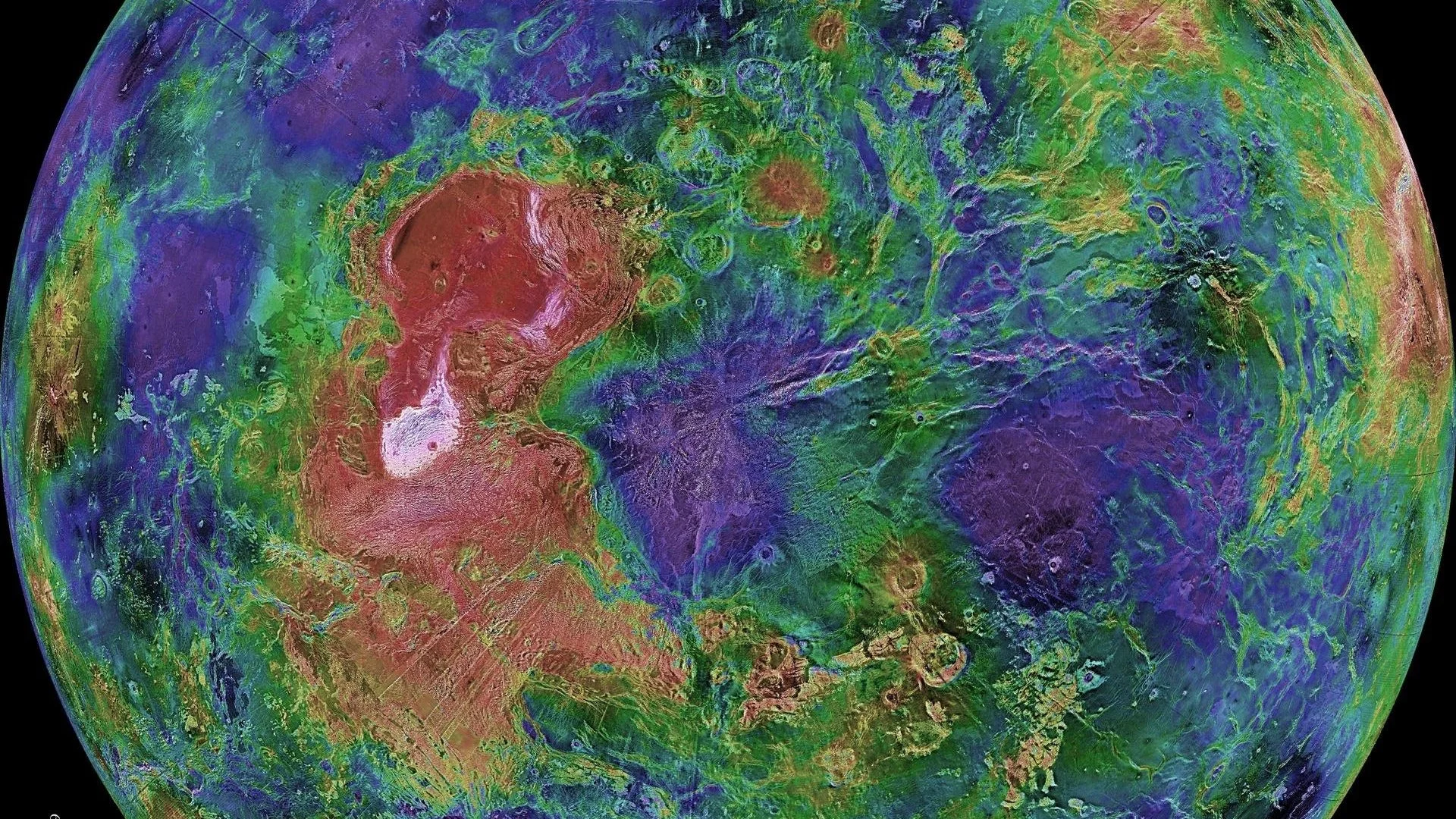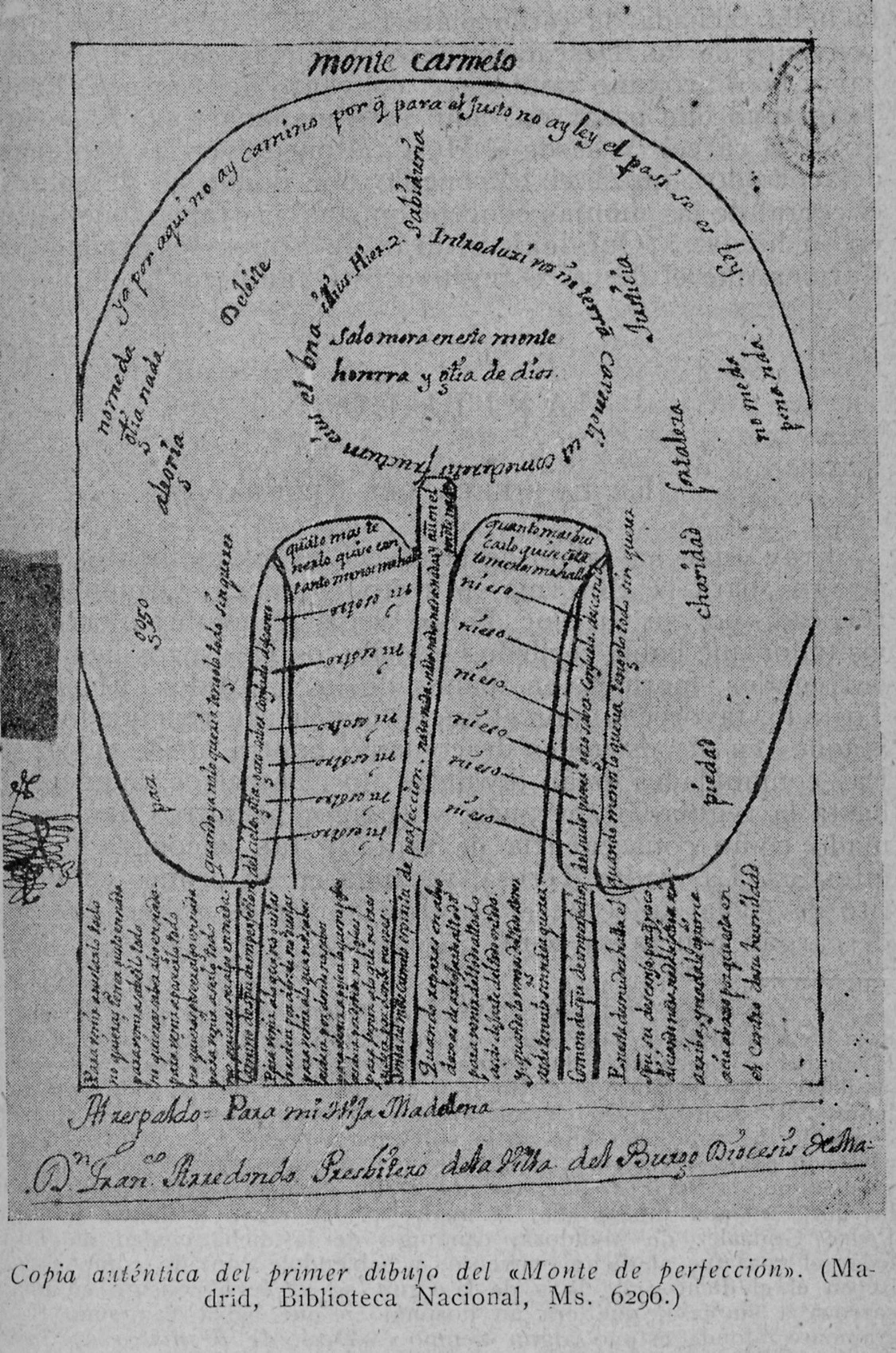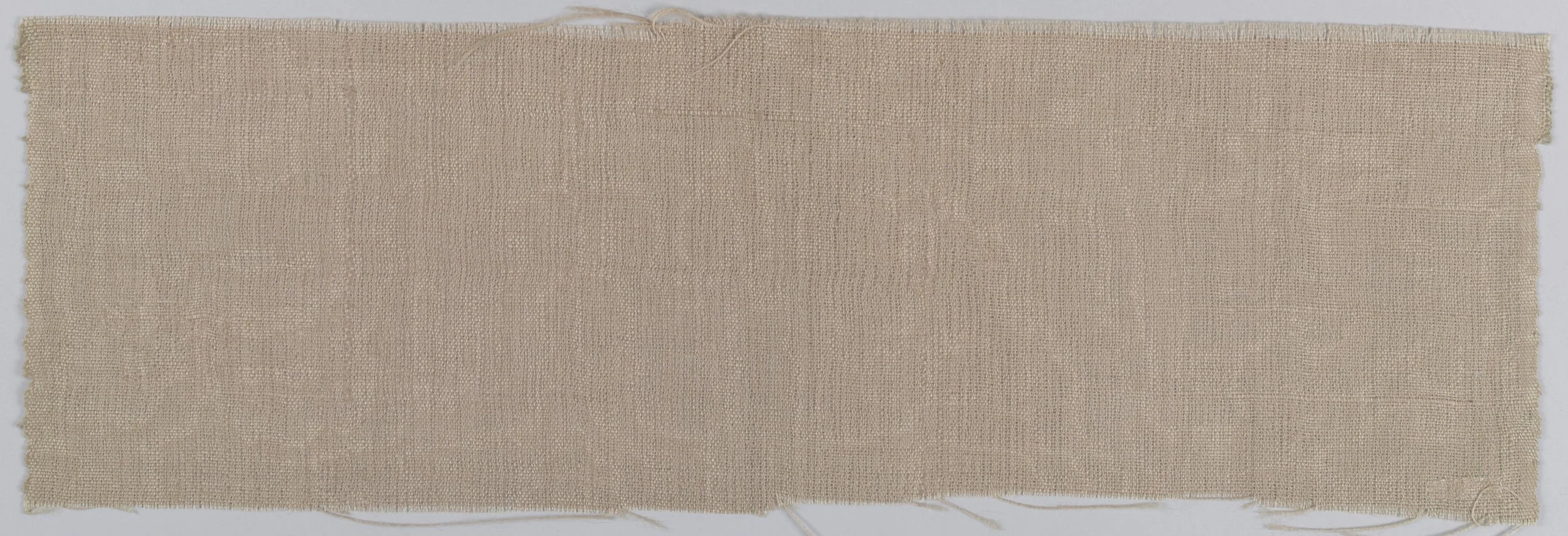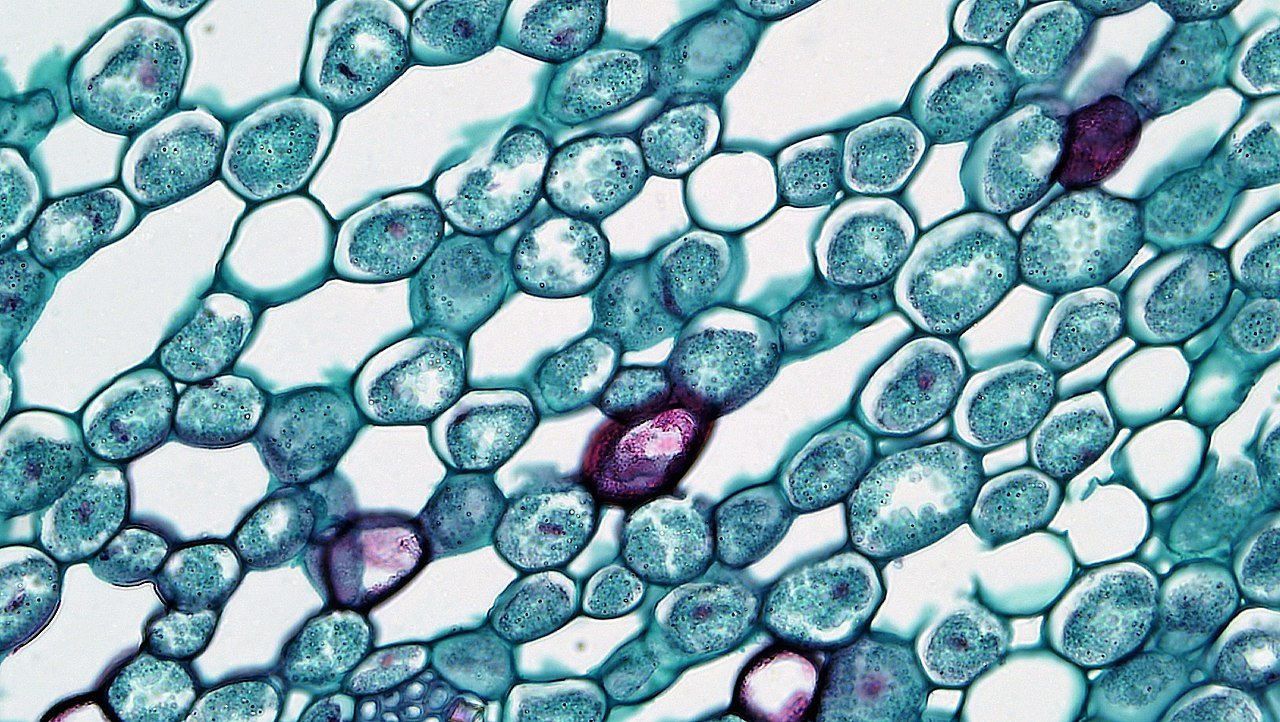JANUARY 2025
OCTOBER 2024
April 2023
January 2023
December 2022
November 2022
August 2022
June 2022
The Near Past
The poetry interrupts the mandate to represent solidarity so as to approach the images of the pueblo joven on their own - the smooth sands like a greasy film that do not appear as urban scenography, but which compose the singularity of the poetic voice: I want so badly to be alone / like a post at midnight. The subject transmutes into objects on the street and in space.
“The Poetic I dreams of Medusa’s utopia and fills her maw with fury, because she’s tired of barking and now cries out that we can be bad, we will be abominable.”
“In the Latin world, the words dolor and sentimiento generate a vaguely strange goodness, as if wounding oneself might induce filial piety no sound reasoning could achieve. That was also the day I knew I would kill her.”
“The truth of knowing, where our language is submitted to the test of reality, is altered by the truth of logos, where our language is submitted to the test of language itself. The value of logos is not determined, therefore, by its encounter with reality but rather through its encounter with itself.”
“Still, together or separate, the bones of the anthropological collections appeared to conjure those of old whose woes were said to have pursued Seneca, and, later, Francisco de Quevedo: for the dead man, water undoes him; the air wipes him away; the fire dries him; the worms eat him; animals tear him apart; the birds pick at him; fish swallow him.”
“I forgot to mention that when the wave crashed, I got pregnant in seawater. The damage was brutal; things were broken down into parts of smaller parts until all that was left was an unnamable feeling—an approximation of loss.”
“In the absence of any imaginary, we imagine the third event: what is felt against the evolving pollution, what was not taken down, naturally evaporated, burned, or chemically diluted with microparticulates. What was sealed or escaped or repatriated.”











